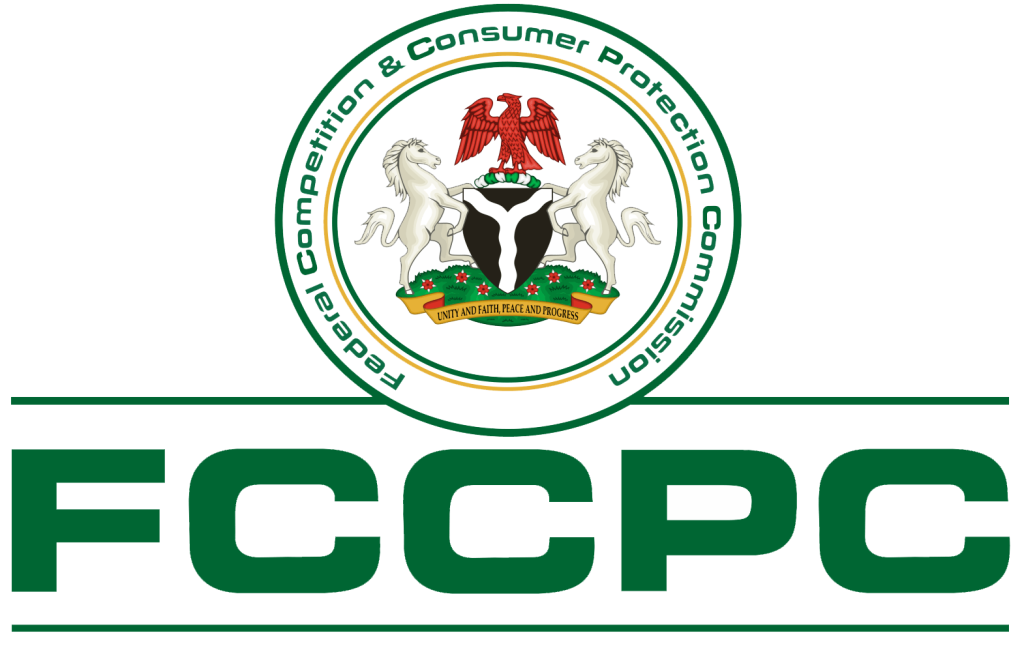The Federal Competition and Consumer Protection Commission (FCCPC) has expressed concern over the increasing violation of its Limited Interim Regulatory/Registration Framework and Guidelines by digital lenders, commonly known as loan apps.
In a statement signed yesterday by the acting executive vice chairman/chief executive officer, Dr. Adamu Abdullahi, the FCCPC highlighted a surge in infractions as more Nigerians engage with various loan apps.
The commission acknowledged a rise in defaults, possibly triggering harassment and defamation tactics by lenders but emphasised that violating regulations through unethical debt recovery methods is unacceptable.
Dr. Abdullahi announced the commission’s commitment to intensify enforcement efforts, ensuring digital lenders comply with regulations.
He stated, “The solution cannot be to violate the law or utilise unethical recovery methods.”
He said the FCCPC plans to engage approved loan apps to establish a more robust compliance framework, additional requirements where applicable, and mechanisms for addressing blacklisted apps.
While recognising the increased demand for loans, the FCCPC emphasised a zero-tolerance stance toward consumer exploitation or abusive conduct in balance calculations, loan default enforcement, or recovery processes.
Dr. Abdullahi urged legitimate operators to demonstrate timely compliance to enhance fairness among consumers and competitors.
For unapproved operators, the FCCPC mentioned a scrutiny process that could involve law enforcement actions, regulatory prohibition, and consequences.
The FCCPC, under the leadership of Babatunde Irukera, introduced the Limited Interim Regulatory/Registration Framework and Guidelines for Digital Lending in 2022.
This initiative, in collaboration with the Joint Task Force (JTF), aims to promote fair, transparent, and beneficial alternative lending opportunities for Nigerians. The registration process seeks to address concerns related to the activities of loan apps, including illegal operations, rights violations, and unfair practices.
As of December last year, the FCCPC had registered and approved 211 digital lenders, with the number expected to grow.





